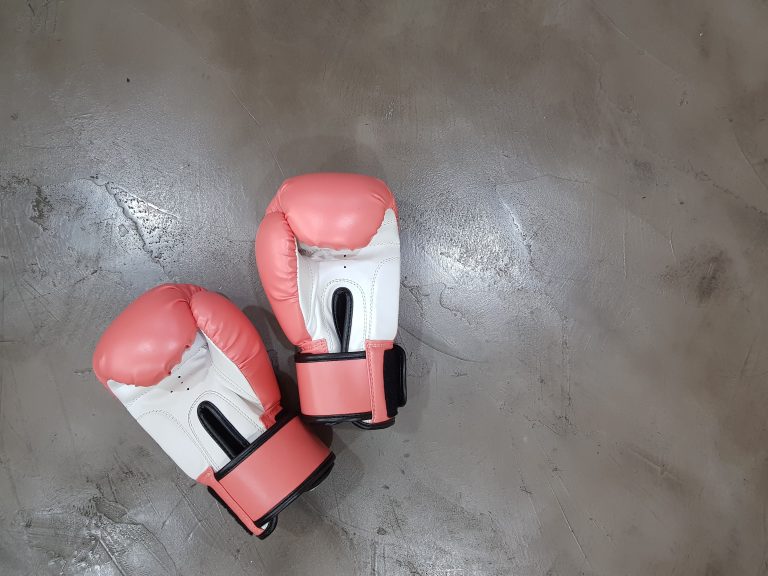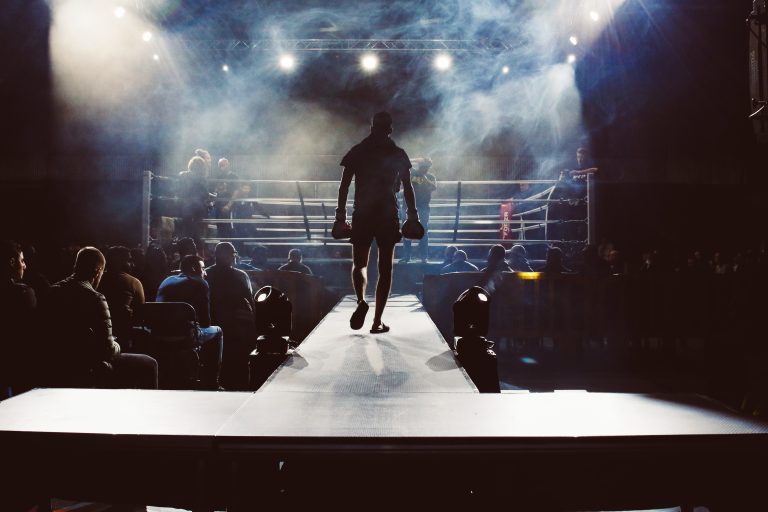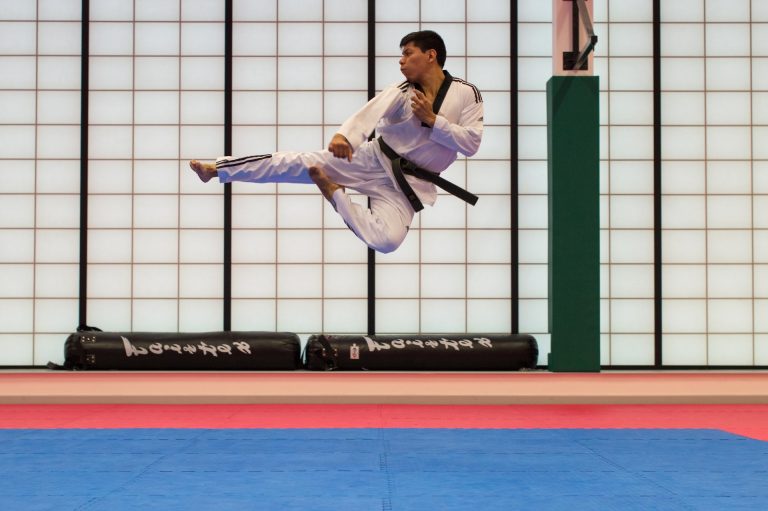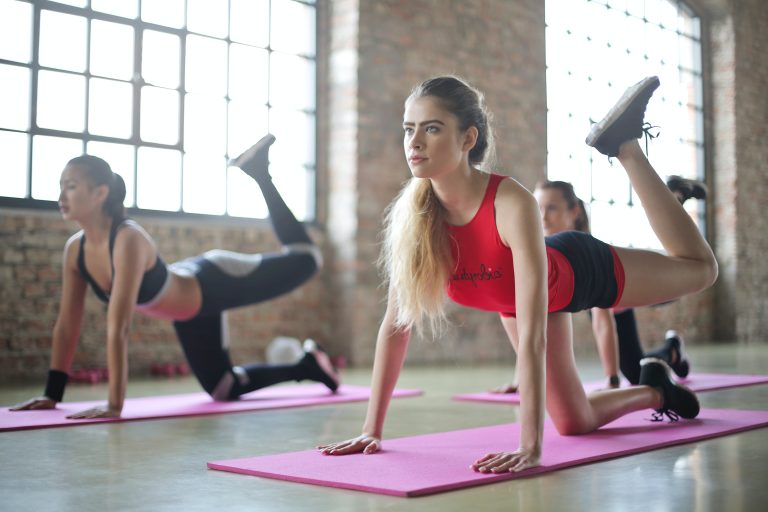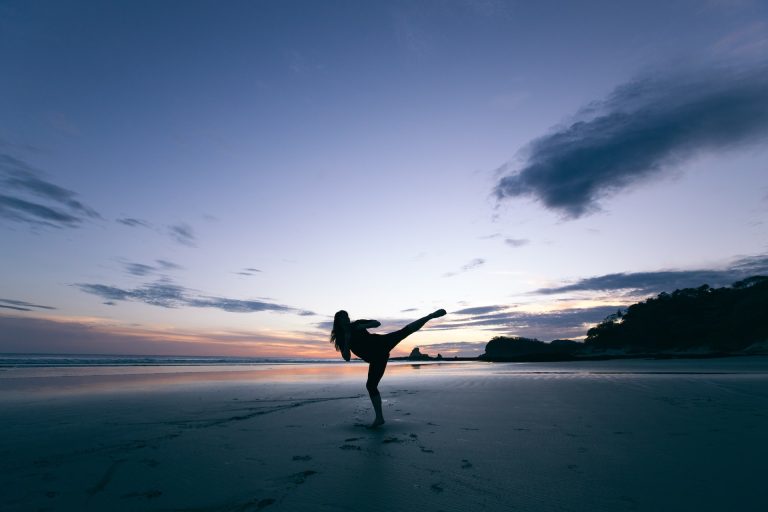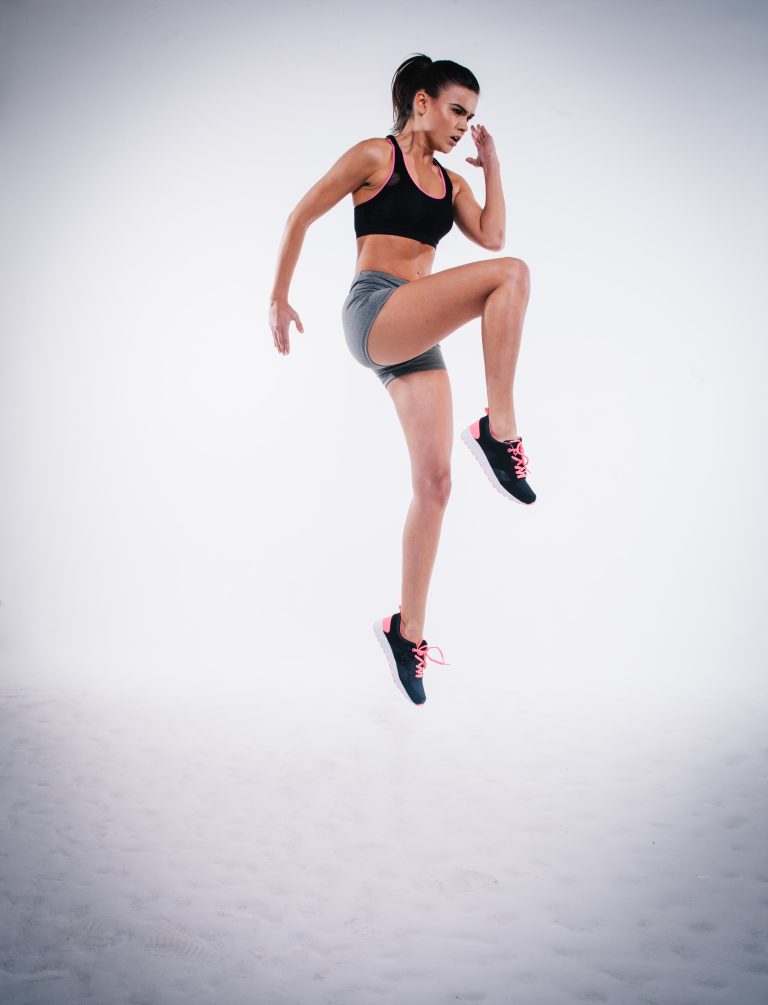Karate: Do You Need Martial Arts Experience To Learn Karate?
Karate is a Japanese martial art based on the practice of self-defense, coordinated physical movements, and mental discipline. Developed as a form of unarmed martial art, it has been around for over 2000 years and is still popular to this day.
So, if you’re interested in learning karate, do you need to have prior martial arts experience? The short answer is no — you don’t need any prior martial arts experience to get into karate. However, the more in-depth answer is a bit more complicated. Let’s take a detailed look to find out everything you need to know about karate, and whether or not previous martial arts experience is required to learn it.
What Is Karate?
Karate is a striking art where practitioners use their hands and feet to defend themselves and attack their opponents. Originally developed in Okinawa, Japan, it’s since become a worldwide phenomenon and is one of the most popular martial arts today.
Karate is typically split into two main practice styles: traditional and sport. Both styles teach the same basic moves – punches, kicks, blocks, strikes, and so on – but focus on different aspects of karate. Traditional karate focuses on self-defense through blocks and counter strikes, while sport karate concentrates on athleticism and agility in sparring competition.
Do You Need Prior Martial Arts Experience for Karate?
In general, you don’t need any prior martial arts experience to learn karate. Karate schools across the world cater to all skill levels, so anyone can give it a try. Beginner classes teach the basics of karate (such as stances, blocks and movements) and provide a great way to get started.
That said, learning martial arts can be easier if you already have some kind of martial arts experience. A familiarity with martial arts helps with learning the various stances and techniques involved in karate. Without any prior experience, you may struggle to follow some of the more complex moves and sequences at first. That said, over time you’ll be able to pick up these moves as long as you stay focused and consistent with your practice.
Popular Karate Styles
There are a variety of different karate styles out there, each with its own distinct history, origin story and focus. A few of the most popular karate styles include:
Shito-Ryu
Shito-ryu is one of the largest and oldest Japanese karate styles. It’s based on a combination of hard linear linear movements and soft circular movements, while emphasizing blocks and counters more than strikes or kicks. This style is great for those looking for a balanced approach to self-defense.
Shotokan
Another popular style is Shotokan, which was developed by Gichin Funakoshi after he studied martial arts in Okinawa. It’s known for its strong linear movements and has become one of the most widely-practiced karate styles in the world today. The focus of Shotokan is on powerful techniques, rather than techniques intended solely for self-defense.
Goju-Ryu
Goju-ryu is another one of the five original Okinawan styles, established by Chojun Miyagi after he traveled to China to study martial arts. Its name translates to “hard-soft style” and its emphasis is on blending hard, powerful strikes with soft circular motions. This style is especially beneficial for those looking to develop an effective self defense strategy.
What Other Skills Do You Need For Karate?
In addition to martial arts skills, there are several other things you need to be successful in karate. Many people think that as long as they can throw a punch and kick correctly that’s all they need to know, but there is much more to it than just that! Here are some other skills that are all essential for successful karate:
Fitness & Flexibility
Your fitness and flexibility play a big role in your ability to execute and defend against moves in karate. If you’re not in good shape or not flexible enough you won’t be able to effectively perform some of the more complex moves in karate. That’s why basic physical fitness and flexibility exercises are such an important part of any karate practice.
Endurance & Stamina
Karate can take a lot of energy. Drills like kumite (sparring) are intense and require a lot of energy and endurance. You’ll also be asked to practice certain moves or kata (forms) over and over again which can also be quite energy consuming if you’re not used to it. That’s why it helps to build up your endurance and stamina through cardiovascular exercises like running and swimming outside of your regular karate practice.
Focus & Concentration
Martial arts requires intense focus and concentration if you want to improve your skills. You need to be able to block out distractions and concentrate your energy on the task at hand — whether it’s performing a move correctly or executing a block or strike without fail. That’s why meditation and visualization are such important tools for martial artists: they help you stay focused on the task at hand and help you ignore potential distractions that could interrupt your practice.
Discipline & Respect
Karate is a discipline-based practice which means it requires respect — both respect for yourself as well as your instructor — along with dedication and hard work if you want to succeed. Karate is a lifelong journey so you need to be disciplined enough to ensure that you get the most out of your practice. You also need to remember to respect yourself by taking regular breaks from training, eating healthy foods, getting plenty of sleep, and giving yourself enough time to rest and recuperate between training sessions.
Conclusion
So, do you need prior martial arts experience in order to learn karate? The short answer is no — you don’t need any prior experience in order to start learning karate. However, having some kind of martial arts background can help with picking up the more complex techniques involved in karate at a faster rate. That said, it’s important to remember that success in karate (or any other martial art) isn’t purely based on skill — it also requires lots of hard work, dedication, discipline, respect and other important skills like focus and concentration if you want to become an effective karateka (karate practitioner).
Inhaltsverzeichnis

